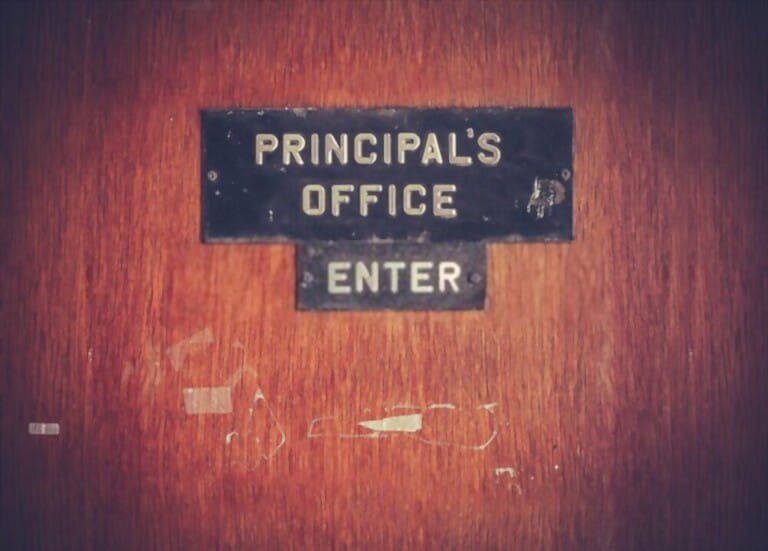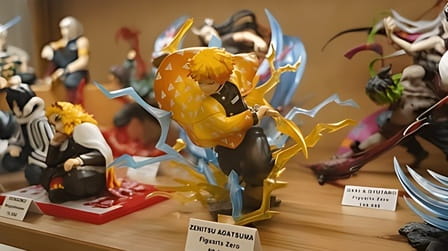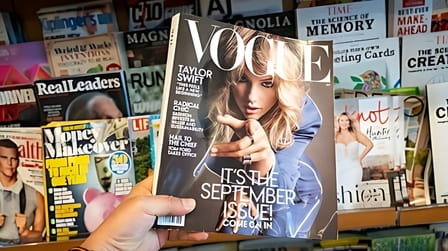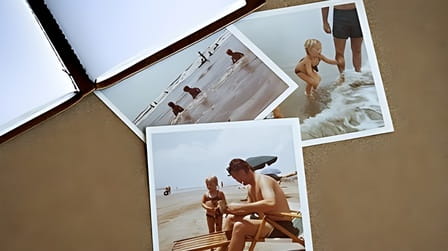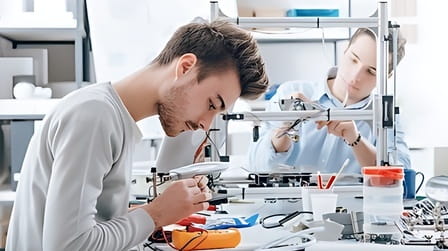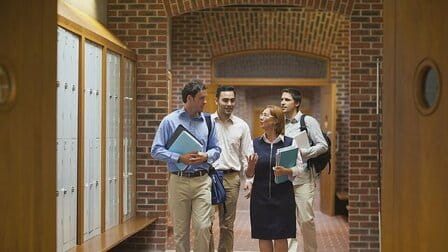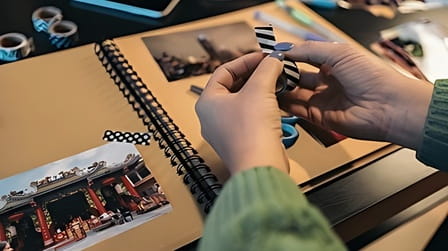The ethical considerations of receiving presents as a teacher are explored in a recent study from Turkey. The research looks at how accepting a present from a student or their family affected teachers' attitudes, behavior, and evaluations of their students. The results of this study imply that it has an impact on classrooms, whether or not teachers are willing to acknowledge it. Expected bias against certain students, creating a terrible precedent for other students, and unconscious bias towards a certain student are all possible causes for this. How should a teacher handle a gift from a student?
The likelihood of favoritism toward some students is high.
Gifts to teachers are typically given by grateful students and their families, although some parents may have hidden agendas. The desire to demonstrate gratitude to your child's teacher is commendable, but doing so might generate prejudice and an unequal power dynamic between the instructor and the kid. Because of this prejudice, certain pupils may benefit at the expense of their peers. Recognizing educators as professionals who must uphold legal and ethical norms is essential. The teacher-student connection may suffer if the teacher is seen as being bribed by the student. Maintaining a professional and impartial relationship with all students is essential for avoiding bias in the classroom.
The Dangers of Bribing Teachers
Some pupils during my school years often sent their instructors pricey holiday presents. Although I'm sure the professors appreciated the gift, it made me and my classmates feel like we weren't up to standard because our families couldn't afford to do the same. This kind of behavior might set a bad example, encouraging other pupils to do the same and widening the gap between the wealthy and the poor. The teacher might not actually be treating the gift-givers any differently, but it won't stop the other pupils from thinking so. Because of the stark contrast it draws between pupils of different socioeconomic backgrounds, this approach can lead to an unfair playing field and needless stress for their parents.
Unconscious Prejudice in the Classroom
A recent study out of Turkey found that educators' unconscious biases often favor the pupils who gave them presents. This indicates that even if educators are aware that favoritism is unethical, they may nevertheless engage in the practice unwittingly. Whether or not there are presents involved, a teacher-student relationship can be negatively impacted by bias. For instance, if a teacher develops a close rapport with a struggling student, they may be less objective when evaluating that kid's work. Teachers can't be expected to be completely unbiased, but they must be as free from unconscious bias as possible if they're to form meaningful connections with their students.
Limiting and defining teacher gift expectations
As a teacher, it is essential that you set clear standards for gift giving. The first step is to have a class discussion about it. A note home to their parents should likewise be issued if you're sincere. This statement should make it clear that while you are unable to accept presents at this time, cards and notes of gratitude are always appreciated.
How to Properly Handle a Gift
There are a few options available to you when faced with the situation of receiving a gift. Accept the gift with grace and show your appreciation immediately. Donating the item to a local charity or school fundraiser is a good idea if the recipient does not want or need the gift. You might also return the present to the parent with a note explaining why it's unnecessary.
How to Handle Overbearing Parents
